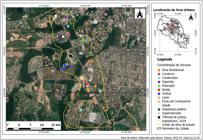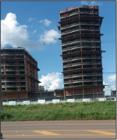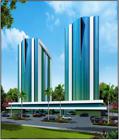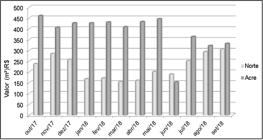Abstract
This text presents a discussion about real estate valuation in Rio Branco, capital of the state of Acre. The public power as a way to direct urban growth to another part of the city decides to create a new administrative center and decentralize some services. The area destined to receive these services is Via Verde. At first, it was a place with great extensions of “empty spaces” that gradually was being occupied. This highway is part of the BR-364 that was paved in 2006 and, from the materialization of public and private investments, year after year, it has become the most valued area of the city. This process promotes a restricted formal real estate market, which limits the access of a large part of the population to the most valued urban spaces. However, the decentralization of these services to this roadway is the materialization of economic development in the capital, as it has encouraged new routes for territorial expansion and insertion of activities formerly unrelated to this city. In this sense, the objective of this text is to discuss the materialization of investments in Via Verde and the real estate valuation that these ventures have generated around this new roadway, making it a new expression of centrality in Rio Branco.
Keywords:
Rio Branco. Via Verde. Decentralization. Real estate valuation.

 Thumbnail
Thumbnail
 Thumbnail
Thumbnail
 Thumbnail
Thumbnail
 Thumbnail
Thumbnail
 Thumbnail
Thumbnail
 Thumbnail
Thumbnail
 Thumbnail
Thumbnail






